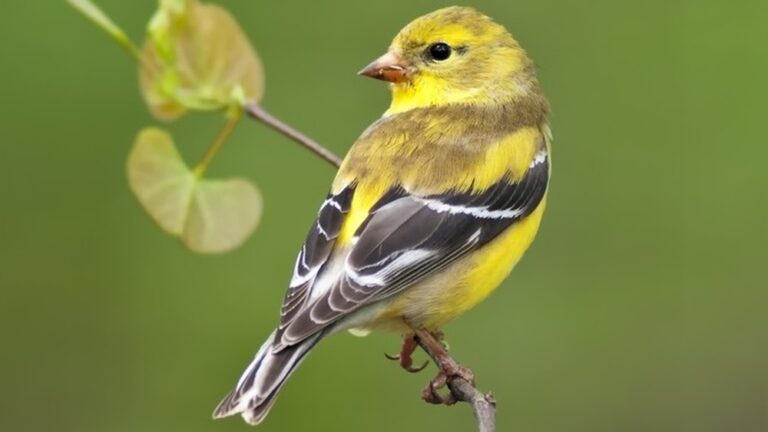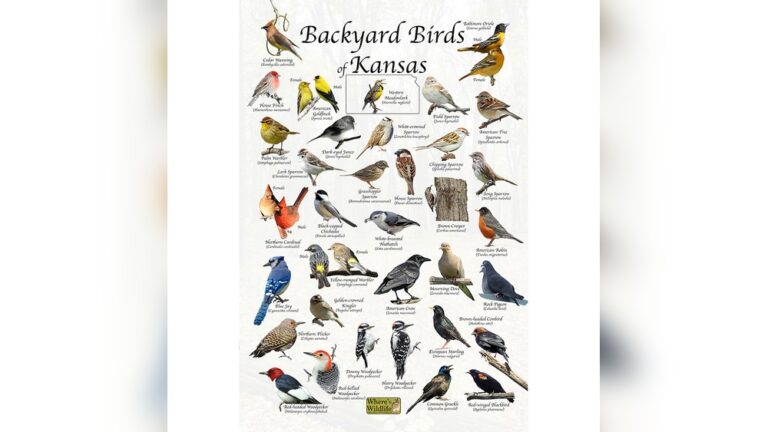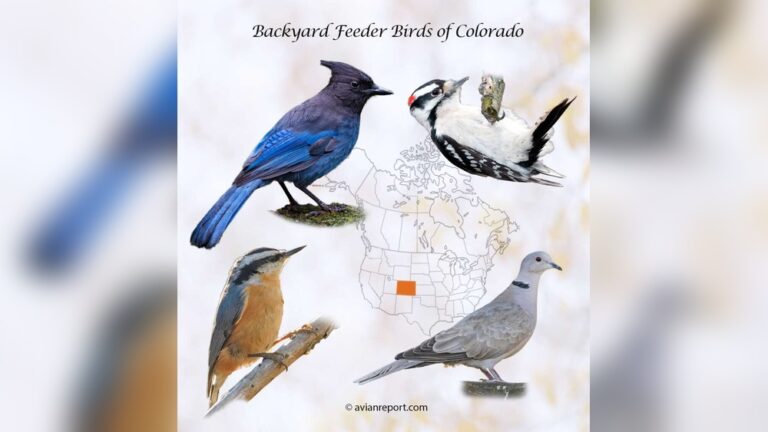Feeding Lovebirds Cherries
If you have lovebirds, you want to give them the best care possible. One question many bird owners ask is whether cherries are safe and healthy for their feathered friends.
You might wonder if cherries can be a tasty treat or if they pose any risks. Understanding how to feed cherries to your lovebirds can help keep them happy and healthy. Keep reading to discover the benefits, precautions, and tips for introducing cherries to your lovebirds’ diet.
This simple knowledge could make a big difference in your pet’s wellbeing.
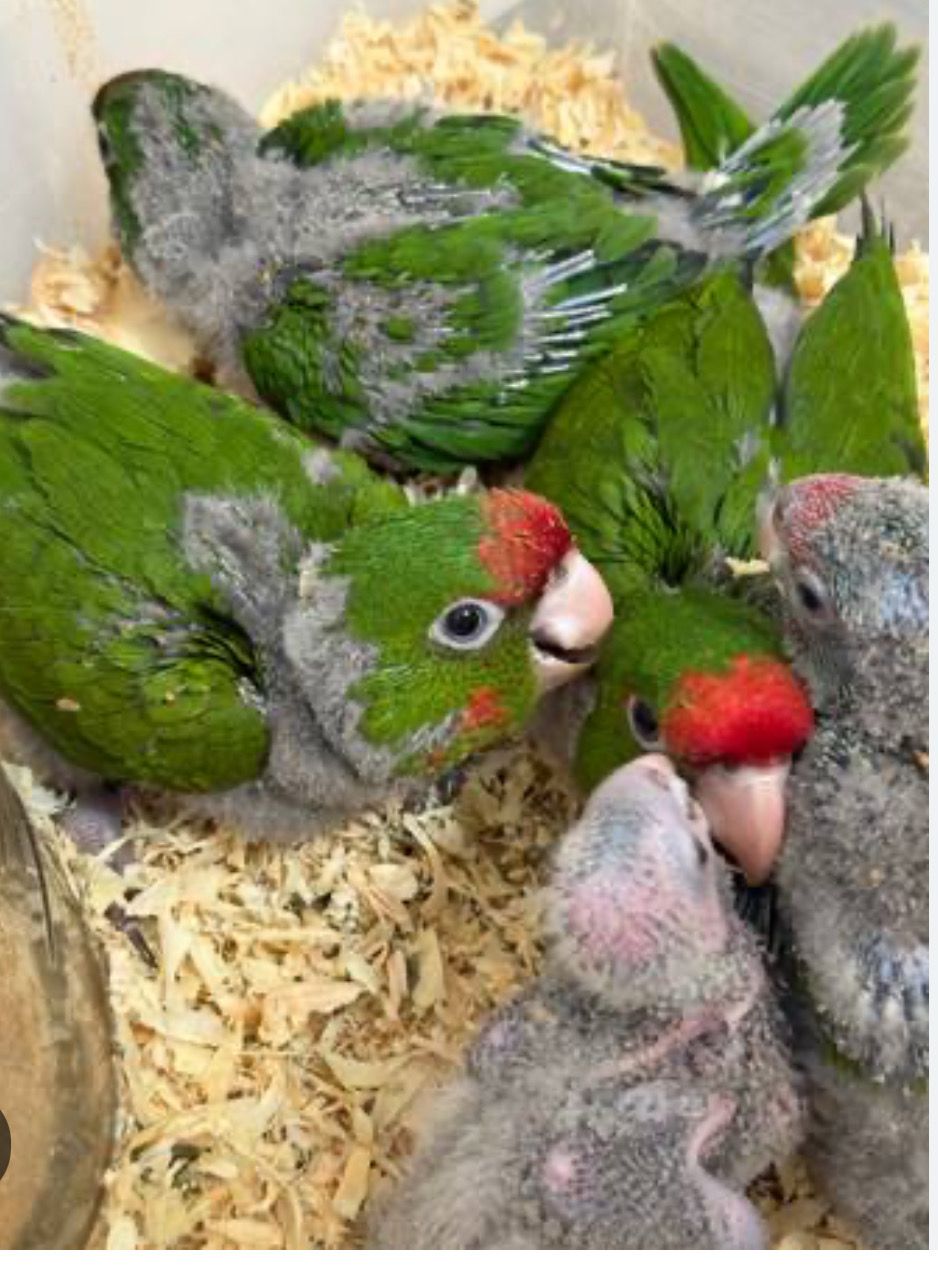
Credit: www.brendasbirds.com
Nutritional Value Of Cherries
Cherries are a tasty treat for lovebirds. They offer more than just flavor. Cherries provide important nutrients that support a bird’s health. These small fruits have vitamins, minerals, and antioxidants that help keep lovebirds strong and active.
Vitamins And Minerals
Cherries are rich in vitamin C, which boosts the immune system. They also contain vitamin A, supporting good vision and skin health. Potassium in cherries helps regulate heart and muscle function. These vitamins and minerals work together to maintain a lovebird’s overall well-being.
Antioxidant Benefits
Cherries contain antioxidants that fight harmful free radicals. These antioxidants reduce stress on cells and lower the risk of diseases. They help keep lovebirds’ bodies healthy and support longer, happier lives. Feeding cherries can add natural protection to your bird’s diet.
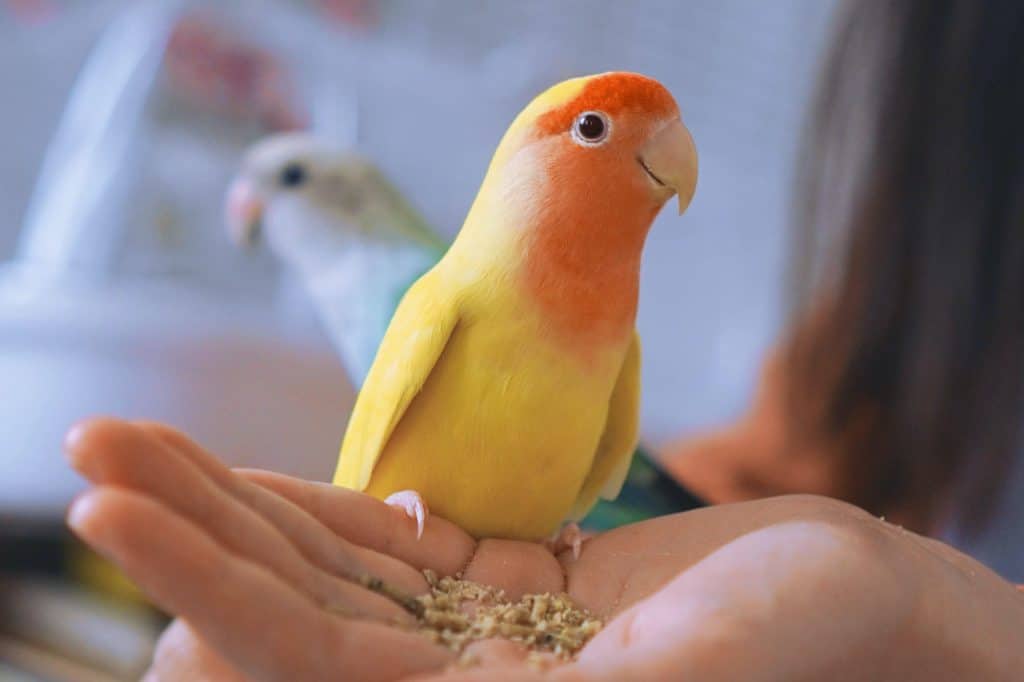
Credit: www.lovebirbs.com
Are Cherries Safe For Lovebirds?
Cherries can be a tasty treat for lovebirds. They contain vitamins and antioxidants that help keep birds healthy. But cherries also have parts that can be harmful. Knowing which parts to avoid is very important. This helps keep your lovebird safe and happy.
Offering cherries the right way means removing any dangerous parts first. Lovebirds can enjoy the fruit’s sweet flesh without risks. Always watch your bird after giving new foods. This helps catch any problems early.
Toxic Parts To Avoid
Cherry pits are very dangerous. They contain cyanide, which is poisonous to birds. Seeds inside cherries also carry this risk. Remove all pits and seeds before feeding cherries. The stems and leaves can also cause harm. Never let your lovebird eat these parts. Only the cherry flesh is safe to eat.
Signs Of Cherry Poisoning
Watch for changes in your lovebird’s behavior. Trouble breathing or weakness can happen. Vomiting and diarrhea are warning signs too. If your bird looks tired or acts strange, act fast. Contact a vet immediately. Early care can save your pet’s life.
How To Prepare Cherries
Feeding cherries to lovebirds can be a delightful treat for them. Proper preparation ensures the fruit is safe and tasty. Learn how to clean and serve cherries correctly.
Washing And Pitting
Start by washing cherries under cold water. This removes dirt and pesticides. Next, remove the pits carefully. Pits can harm your lovebirds if swallowed. Use a small knife or cherry pitter to do this. Make sure no pit pieces remain in the fruit. Cut cherries into small, bite-sized pieces. This helps your lovebirds eat easily and safely.
Serving Size Recommendations
Offer cherries in moderation. A few small pieces are enough per feeding. Too many cherries can upset their stomach. Serve cherries as a treat, not a main food. Mix cherries with their regular diet for variety. Watch your lovebirds for any reactions after eating cherries. Adjust the amount based on their response and health.
Alternatives To Cherries
Cherries are a tasty treat for lovebirds, but variety is important. Offering different fruits keeps their diet balanced and exciting. Some fruits provide vitamins and nutrients that cherries do not. Choose fruits that are safe and healthy for your feathered friend.
Other Safe Fruits
Apples are a great alternative. Remove seeds before feeding. Pears also work well and are easy to digest. Blueberries offer antioxidants and are small enough to eat easily. Grapes are sweet and loved by many lovebirds. Bananas provide potassium and soft texture. All these fruits help keep your bird happy and healthy.
Fruits To Avoid
Never feed your lovebird avocado. It is toxic and can be deadly. Citrus fruits like oranges and lemons may upset their stomach. Avoid fruit pits and seeds like those in peaches and plums. These can be harmful or cause choking. Stick to safe fruits to protect your pet’s health.
Feeding Frequency And Tips
Feeding lovebirds cherries requires careful timing and attention. Knowing how often and how to introduce cherries keeps your birds healthy and happy. This section covers key tips on feeding frequency and safe introduction methods.
Moderation Importance
Cherries contain natural sugars and acids. Too many can upset your lovebird’s stomach. Offer cherries only a few times each week. Small portions are best. Watch your bird for any signs of discomfort after eating cherries. Fresh cherries are better than canned or preserved ones. Remove pits before feeding to avoid choking or toxicity.
Introducing New Foods
Start with a tiny cherry piece. Observe your lovebird’s reaction for a day or two. Gradually increase the amount if there are no problems. Mix cherries with familiar fruits to ease the transition. Variety helps keep your bird interested in food. Always wash cherries thoroughly to remove pesticides. Patience and care help your lovebird accept new treats safely.

Credit: www.youtube.com
How Smart Pets Lover Can Help You with Feeding Lovebirds Cherries
Practical Learning: Making the Most of Feeding Cherries to Your Lovebirds
Feeding cherries to your lovebirds offers more than just a tasty treat—it’s a chance to deepen your bond and sharpen your understanding of their dietary needs. Remember, knowing the nutritional value of cherries helps you appreciate why these fruits can be a beneficial addition in moderation. Always keep safety in mind by following the guidelines on how to prepare cherries, such as removing pits to avoid choking hazards.
At Smart Pets Lover, we believe that every feeding moment is an opportunity to learn about your bird’s preferences and health. Observing how your lovebird reacts to cherries can teach you about their unique tastes and sensitivities. This hands-on experience complements other feeding tips you’ve explored, like balancing cherries with alternative fruits and managing feeding frequency.
- Start with small portions to monitor tolerance.
- Use feeding time to observe behavior and vitality.
- Consult with avian specialists or trusted pet care sources for questions.
For more tailored advice or to share your experiences, feel free to reach out to knowledgeable communities or pet care experts. After all, nurturing a lovebird’s health is where every chirp truly tells a story.
Frequently Asked Questions
Can Lovebirds Safely Eat Cherries?
Yes, lovebirds can eat cherries safely in moderation. Remove pits to prevent choking and toxicity. Cherries provide vitamins and antioxidants beneficial for lovebirds.
How Often Should Lovebirds Eat Cherries?
Feed cherries to lovebirds once or twice a week. Too many cherries can upset their digestion. Balance cherries with other fruits and vegetables.
Are Cherry Pits Harmful To Lovebirds?
Yes, cherry pits are harmful to lovebirds. They contain cyanide which is toxic. Always remove pits before offering cherries to your lovebird.
What Are The Health Benefits Of Cherries For Lovebirds?
Cherries offer antioxidants and vitamins A and C. These nutrients boost immunity and promote healthy feathers. They also provide hydration due to their high water content.
Conclusion
Cherries can be a tasty treat for lovebirds in small amounts. Always remove pits to keep them safe. Fresh, ripe cherries offer vitamins that support bird health. Avoid feeding too many to prevent stomach upset. Mixing cherries with other fruits keeps their diet balanced.
Watch your lovebird’s reaction to new foods closely. Healthy feeding habits help your bird stay happy and strong. Treat your lovebird with care and simple, safe foods.


